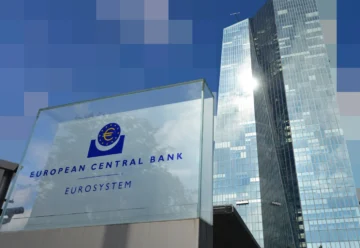Hard Fork Live on BNB Chain, Commissions Down 90%

BNB Chain devs conducted a successful hard fork, which improved the blockchain’s performance and reduced commissions. The update also sped up the transaction verification process and lowered the price per gas in Layer 2 protocols.
The BNB Chain development team announced the successful implementation of the Haber hard fork, the main part of which was the BEP-336 network improvement proposal. The update’s purpose was to optimize data storage and processing and significantly reduce commission costs.
The BEP-336 update for the BNB Chain almost completely duplicates the EIP-4844 proposal implemented earlier on the Ethereum network as part of the Dencun hard fork. The essence of the update is the use of BLOB objects, temporary memory segments used to accommodate large amounts of data. This technology reduces the load on the mainnet and commission costs in L2 protocols to $0.0001 per transaction.
That BEP-336 was designed explicitly for the BNB Smart Chain (BSC) despite its similarity to the upgrade for the Ethereum network. For example, BLOB objects on the BSC are managed exclusively by the BSC client, and the pricing mechanism is fully customized for the network. Unlike the burning mechanism within Ethereum, BSC doesn’t burn the underlying fee inside BLOB objects.
The update is part of the blockchain network’s 2024 roadmap. The BNB Chain team plans to focus on developing a cost-effective, fast, scalable, and secure multichain ecosystem this year to encourage more global adoption of Web3 technologies. The team also plans to merge Beacon Chain and BNB Smart Chain into a single network.











